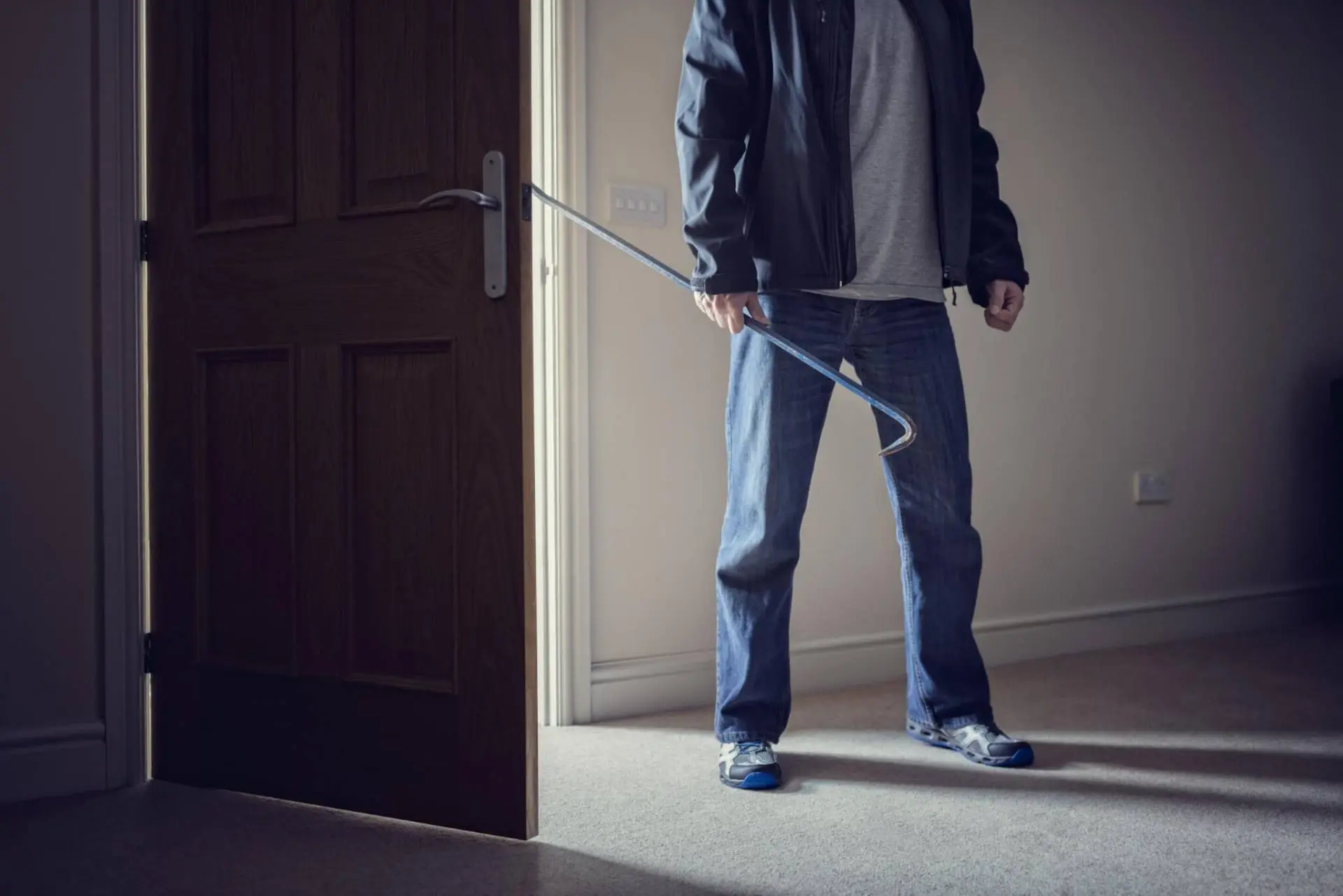Virginia laws on theft, breaking and entering, larceny, and burglary are complex and multilayered. Additionally, there are various types of burglary – some charged as misdemeanors and others as felonies. However, the penalties in all burglary convictions are severe and life-changing.
Convictions for burglary come with a permanent criminal record that can frustrate your house and job searches. But it is possible to fight and win a criminal case with the assistance of a Fairfax criminal defense attorney.
What Happens if My Intentions Weren’t Criminal?
Apart from breaking and entering a dwelling house, criminal intentions are critical for a burglary charge in Virginia. If you ran away from a group of robbers and ended up in someone’s house hiding for safety, burglary charges might not hold.
But even without criminal intentions, a lot of proving is required. The court might not believe your words without extra proof. There could be people in the neighborhood who witnessed robbery incidences and could testify about it. A Fairfax burglary lawyer can help you gather important pieces of evidence specific to your case.
Is Intoxication a Credible Defense for Burglary?
You could only be guilty of an offense if you committed it willfully. But if you are not in the right mental state, you can easily wander off to the wrong house or property. Alcohol or a bad episode of a medical condition can rob you of the ability to think rationally.
The prosecution needs to show the judge that you knew what you were doing and purposely committed the offense. Your defense team can easily challenge their arguments with proof of intoxication or the medical condition, and get you an acquittal or reduced charges.
Do I Have a Defense if I Wasn’t in a Dwelling House?
Notably, the burglary statute does not specify what constitutes a “dwelling house.” This confuses many people, but Chapter 5, Title 18.2, breaks it down. A burglary can only happen in a house or structure with regular habitation. And it doesn’t matter whether someone was present at the time of the incident or not.
It has to be a vacation RV, a mobile home, a watercraft, a church, or occupied outhouses. An experienced attorney in Virginia can conduct a detailed fact-based inquiry to determine if the house of the alleged burglary meets the legal definition.
How Can I Use the “True Owner” Defense in Virginia?
You might have a defense if you are the rightful owner of a property, and you accessed the plaintiff’s property to take back what was deprived of you. However, you might be charged with the offense of breaking and entering for the fact that you gained access without the property owner’s permission.
Breaking and entering charges are usually less serious than burglary penalties. A Fairfax burglary lawyer can negotiate with the prosecutor on the “true owner” grounds and get you lesser charges. The facts and circumstances of your case determine the exact approach to use.
How Do I Defend Myself if I was Rightfully in the Home?
Friends and relatives can accuse you of burglary out of malice or revenge. They might have invited you and later set you up for a crime. Proving this could be difficult if you have no relationship history with the plaintiff. Verbal communication might not provide the most reliable evidence, especially without witnesses.
But if you have evidence of communication with them, it might be easier to form a solid defense. They could have communicated through email or text messages. As long as it captures them giving you consent to be in their place, you cannot be convicted for burglary.
How Can I Defend Myself if I’m Mistaken for a Burglar?
When the complainant isn’t sure about the burglar’s identity, they can easily implicate the wrong person. This problem is common when the perpetrator wears a mask or an unrecognizable outfit during the burglary. In such instances, the victim and the prosecution carry out identification using:
- Walking styles
- Voices
- Height
- Physical appearance
You can be charged for a crime you never committed simply because your physical appearance is similar to the burglar’s. After analyzing the situation, a Virginia attorney can find creative ways to convince the jury that you are not guilty.
What are the Best Defense Strategies for a Virginia Burglary?
The best defense strategy for a burglary charge basically depends on the case’s specific facts. Using a particular defense for the sole reason that it was successfully used in another burglary case might be a bad idea. It’s only after a careful review that a legal expert comes up with the most appropriate choice of counter-arguments.
Alibis are the simplest ways to prove your innocence because they can show that you were in a different location at the time of the burglary. It might also be challenging for the prosecution to prove ill intentions on your part, especially if you weren’t found with any burglary materials or weapons. Challenging those inadequacies is another excellent way to win.
How Do Attorneys Help with a Burglary Defense?
The stakes in burglary charges are so high. You don’t want to risk it with an already overworked public defender. Facing a burglary case without the guidance of a skilled Fairfax burglary lawyer is not a good idea. A qualified legal expert can use their resources to:
- Examine evidence gathered and other relevant facts
- Assess the strength of the prosecution’s case against you
- Work to get your charges dismissed or mitigate the consequences of the charge
- Work closely with you and build a defense
Attorneys Helping the Accused Get Their Lives Back
Being charged doesn’t guarantee a conviction. Many people have been indicted for various crimes in Virginia, but fought them back and left without a criminal record. These are people that invested in their defense and aggressively fought the charges.
The outcome of your case depends on who you chose to represent you in a burglary case. If you are under investigation or have been arrested and charged, contact us today. Our high-quality defense can help you avoid a burglary conviction in Virginia.



